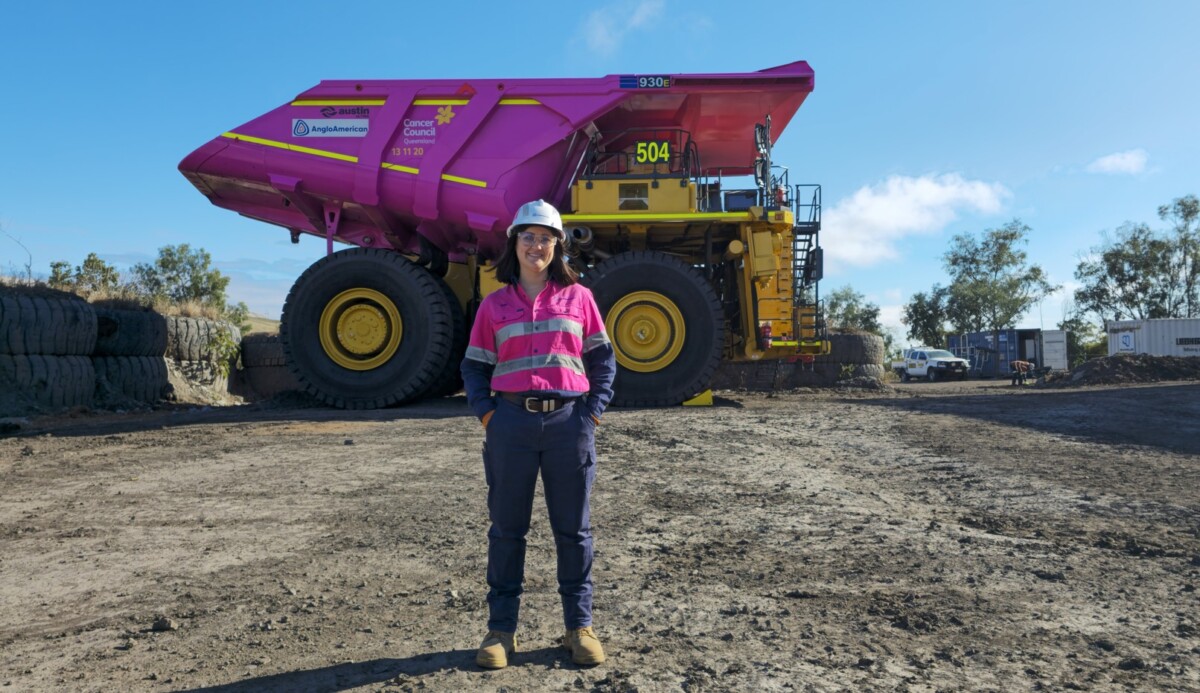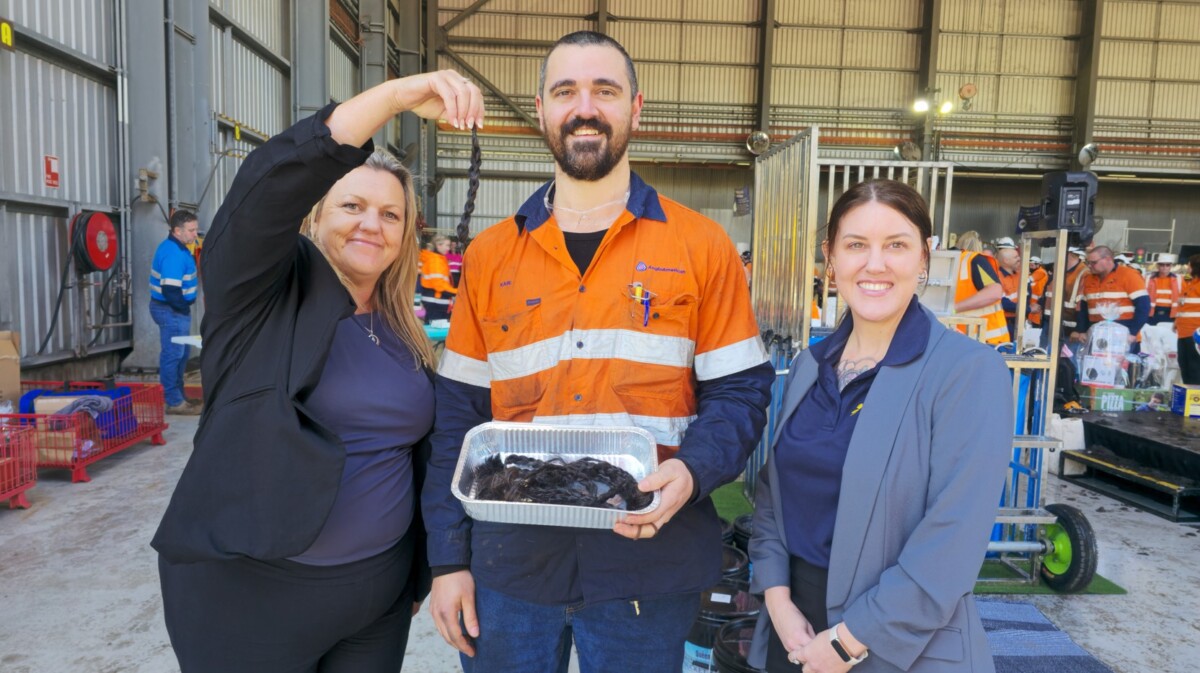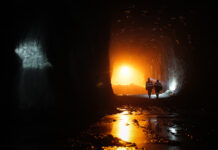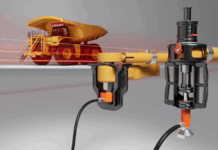Dawson Mine digs deep to support regional cancer care

Anglo American Dawson Mine workers and contractors have raised more than $40,000 to help regional families while they access vital cancer treatment.
The funds raised will sponsor three accommodation rooms for 12 months at the Cancer Council Queensland’s Rockhampton lodge where some of the mine’s current and former employees have stayed during their own treatment journey.
In the past year, Cancer Council Queensland provided more than 25,000 nights of accommodation – 1700 at the Rockhampton hub – for rural and regional Queenslanders who needed to travel for treatment.

Dawson Mine general manager Matt Stevens says the site conducts skin checks every year and is working on other early prevention activities to ensure teams stay on top of their health.
He said the fundraiser had brought out the best in the teams working at the site, and he commended those who braved a head shave and the dunk tank to raise money.
“Cancer touches so many families, including people at our site and we wanted to make a real difference,” he said.
“This is evidence that, when it comes to cancer, where you live really matters.
“By using the money raised to sponsor rooms at the Rockhampton Lodge, we’re making it easier for people from Moura and surrounding communities to get the treatment they need without the stress of travelling back and forth every day.
“Our new pink and blue trays on our biggest haul trucks will be highly visible in our operations and send a powerful reminder for our teams to not only get their health checks regularly but remind them support is just a call away if they are struggling themselves.
“It’s a small gesture with, hopefully, a huge ripple effect that sparks conversations and make a difference.”
Moura resident Lee Butler was staying at the Rockhampton lodge during his cancer journey and said he would otherwise be doing a four-hour round trip each day.
He said it was fantastic to hear Anglo American would be sponsoring three rooms at the lodge where he was staying.
“I know in Moura they do a lot for the community and it’s good to see Anglo American reaching out to the cancer council’s lodge,” he said.
“I do a five-day cycle so it’s good to have somewhere close to stay. It’s definitely one less thing to worry about which is good.”
Mr Stevens said Dawson Mine had also partnered with Cancer Council Queensland to launch a cancer risk calculator at the site to help workers understand what they could do to reduce their cancer risk.
He said the data could then be used to identify the main risk areas, such as sun, food or exercise and could be rolled out across other Anglo American operations in the Bowen Basin.
Cancer Council Queensland regional manager Bianca Lagaluga, who is based in Rockhampton, said the organisation operated five cancer support hubs across the state, located near treatment centres across metropolitan and regional areas.
Ms Lagaluga said these hubs, such as the one in Rockhampton, offered critical support for cancer patients, as well as their families and carers, by providing a “home away from home” when they needed it most.
“Creating a safe space is paramount for our guests who stay with us,” she said.
“They’re going through a traumatic experience and our main goal is to lessen the burden of that stress by offering accommodation and transport on site.
“Our research shows Queenslanders living in regional and remote parts of Queensland are up to 44% less likely to survive cancer within five years of diagnosis, compared to those in metropolitan areas.
“We know many people may be forced to postpone or refuse treatment because of limited access to cancer support services, and it’s so important our help reaches them.
“Our Sponsor a Room program isn’t just about providing accommodation, it’s about giving rural and regional Queenslanders a lifeline when they’re forced to leave their homes.”
The most common types of cancer in Central Queensland are prostate cancer, melanoma, breast cancer, lung cancer and colorectal cancer.






















